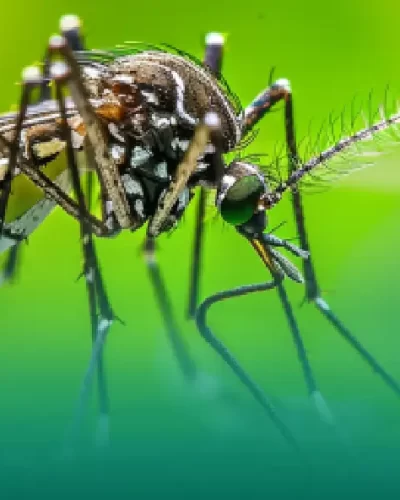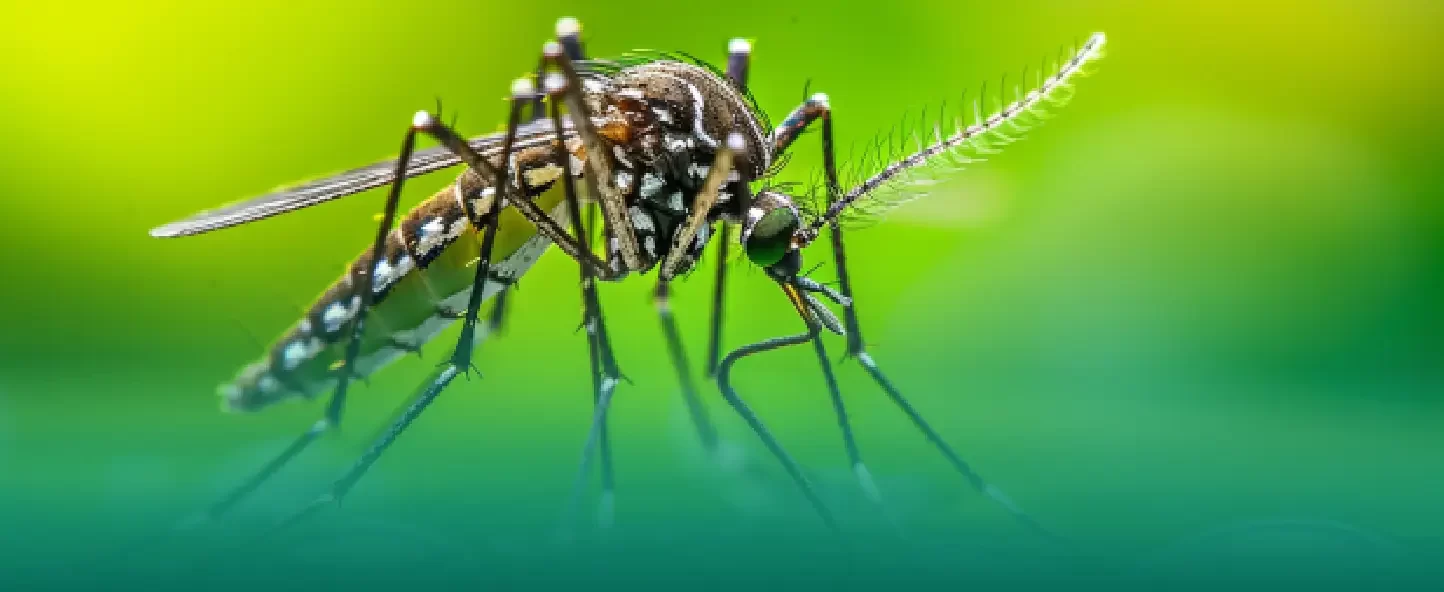Myth: Mosquitoes carry viruses
Although mosquitoes can transmit malaria, they do not transmit other diseases from person to person, including viral infections.
Mosquitoes do not transmit infections between people, including HIV. There have been no documented cases of mosquito-borne transmission of hepatitis C and B viruses or COVID-19.
Mosquitoes that transmit malaria are usually small in size. Malaria is one of the most terrible diseases transmitted by these insects. More than a million people die from this disease worldwide every year, with more than 90% of cases occurring in Africa.
In addition, mosquitoes can carry diseases such as the Zika virus and West Nile virus.
To combat mosquito bites at home for both adults and children, you can use traditional methods. Effective means are:
- fresh natural aloe juice;
- fresh parsley leaves;
- salt solution;
- a solution of vinegar or citric acid diluted with water.
Myth: Mosquitoes don’t bite everyone
This myth has its basis in reality. In fact, mosquitoes have their own preferences in choosing their victims. For example, people with the first blood group are attracted to them the most, and insects prefer to land on their skin more often than on the skin of other people.
Mosquitoes also select their victims due to their high metabolic rate, elevated body temperature, active blood circulation on the surface of the skin and the smell of sweat. These factors influence who mosquitoes choose as their next victim.
Mosquitoes are sensitive to scents and choose their victims based on them. They prefer not the presence of scents of elderberry, valerian, calendula and lemon balm.
Smoke from a fire, as well as citrus scents and aromatic spices such as vanilla, lavender oil, eucalyptus, cedarwood, tea tree and valerian, also repel them.
Mosquitoes also respond to ultrasound. Ultrasonic devices are considered one of the most effective means of mosquito control and have a significant range.
After activating these devices, mosquitoes leave the area of their action, and ultrasound is safe for people, unlike chemical repellers.
Myth: Malaria is not dangerous
World Malaria Day is celebrated annually on April 25th. The day is dedicated to spreading awareness of international efforts to combat malaria and highlighting the importance of working together to overcome the disease.
According to a study funded by the Bill and Melinda Gates Charitable Foundation, published in the British medical journal Lancet, the number of deaths from malaria in the world is twice the official statistics provided by the World Health Organization.
Malaria is particularly deadly in infants, especially in the African region. However, the researchers note that both older children and adults are dying from the disease at higher rates than estimated by the World Health Organization (WHO).
Since 2004, the number of deaths from malaria has dropped by a third. This demonstrates the effective work of the Global Fund to Fight AIDS, Tuberculosis and Malaria. Thus, although malaria remains a serious threat, medical advances are increasingly making progress against the disease.
Myth: All fumigators are equally safe
Fumigators are devices designed to kill insects with vapors that are poisonous to them. However, the question arises: do these vapors harm humans and other animals?
The principle of operation of the fumigator is to heat the active substance, which evaporates and spreads in the air, causing paralysis of the nervous system of insects.
A specially selected composition is created to effectively kill insects, while minimizing the negative impact on humans and other animals.
There are natural and synthetic mosquito repellents. While natural ones are considered safer for humans, the oils contained in them can cause irritation of the mucous membrane, respiratory tract and allergic reactions.
If safety rules are followed, fumigators do not pose a threat to humans.
Below are some safety precautions:
- Keep the fumigator out of the reach of children.
- Do not cover or cover the fumigator; Do not plug it into an outlet located behind furniture or near a curtain to avoid a possible fire hazard.
- Use the fumigator for no more than 8 hours in a row and do not bring it closer than 1 meter to people.
- If you use the fumigator at night, it is recommended to ventilate the room to avoid the accumulation of vapors, which can cause coughing.
Myth: Mosquito sprays are toxic
When it comes to summer walks in nature, it is convenient to have mosquito spray on hand so that the insects do not interfere with the enjoyment of your walk. But how safe are these sprays?
When used correctly, certified repellers are not dangerous. However, it is important to avoid getting them on mucous membranes and use only on exposed skin. Avoid using outdoor sprays indoors.
Of course, you should not inhale the vapors of the spray, and when applying it, it is recommended to close your eyes and nose, especially when using the product on children.
The danger is not the product itself, but its by-products. For example, a mosquito coil should not be lit in enclosed spaces, as it emits harmful combustion products that can accumulate in the body and cause headaches and other unpleasant symptoms.






